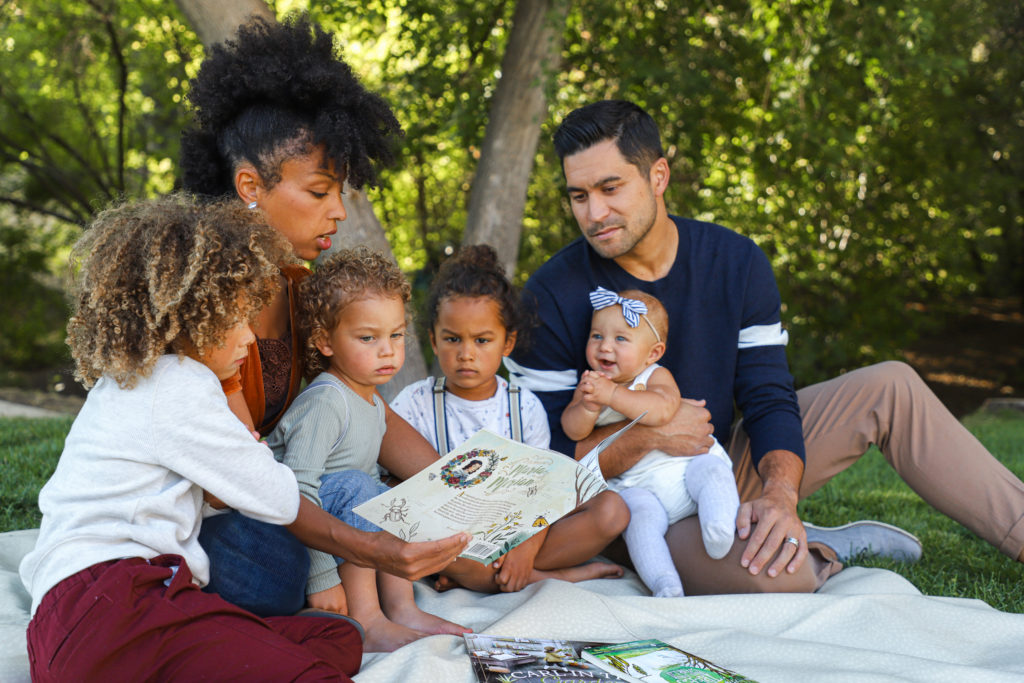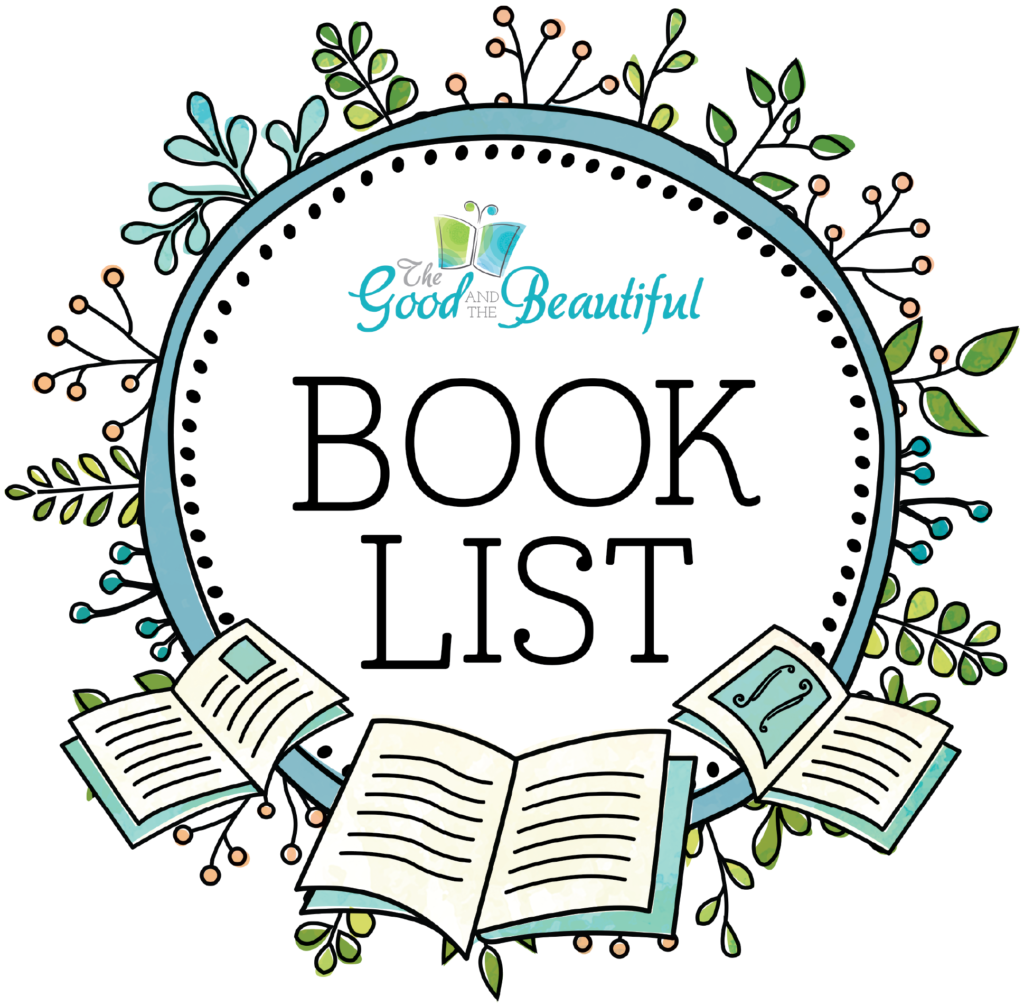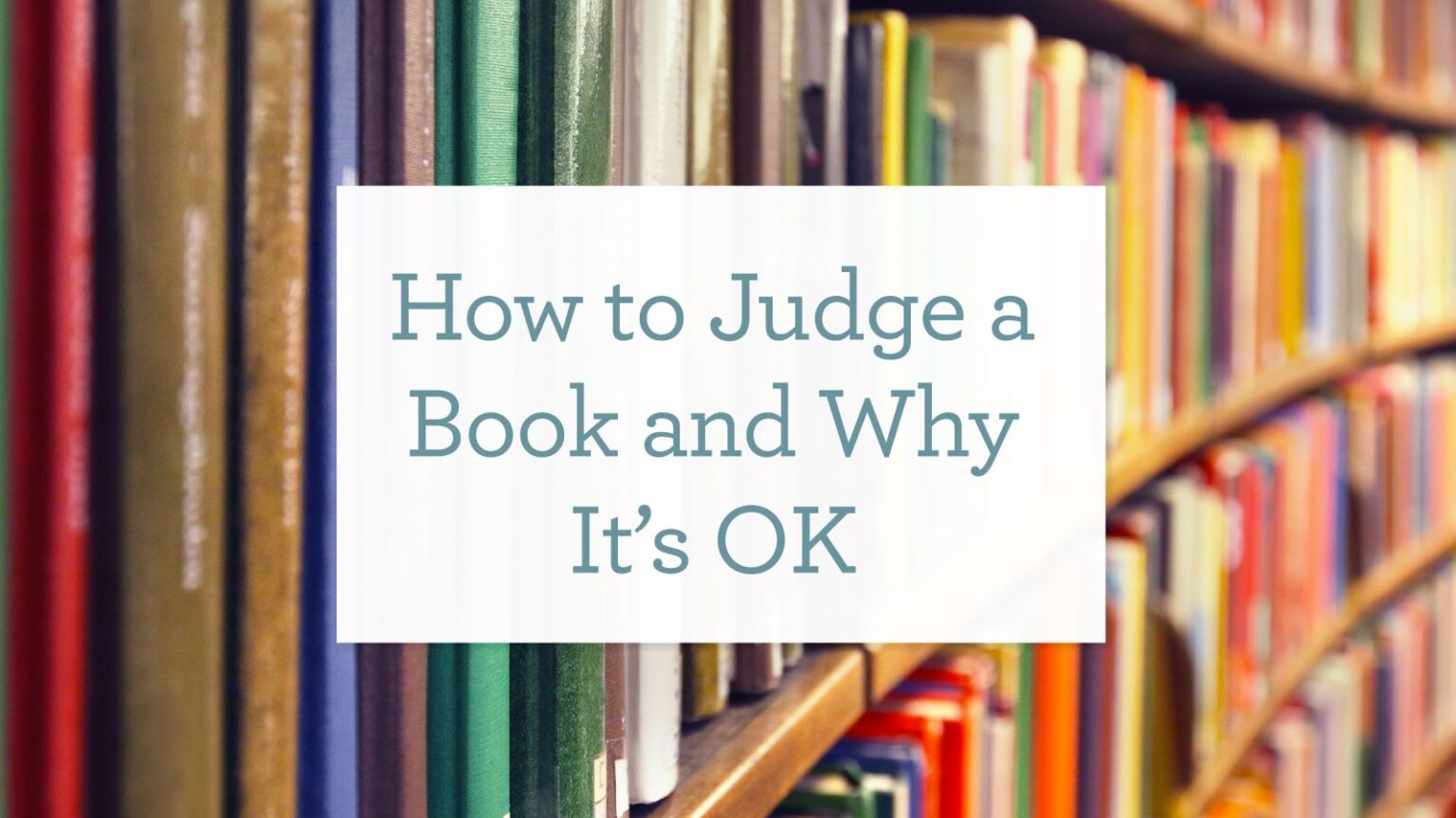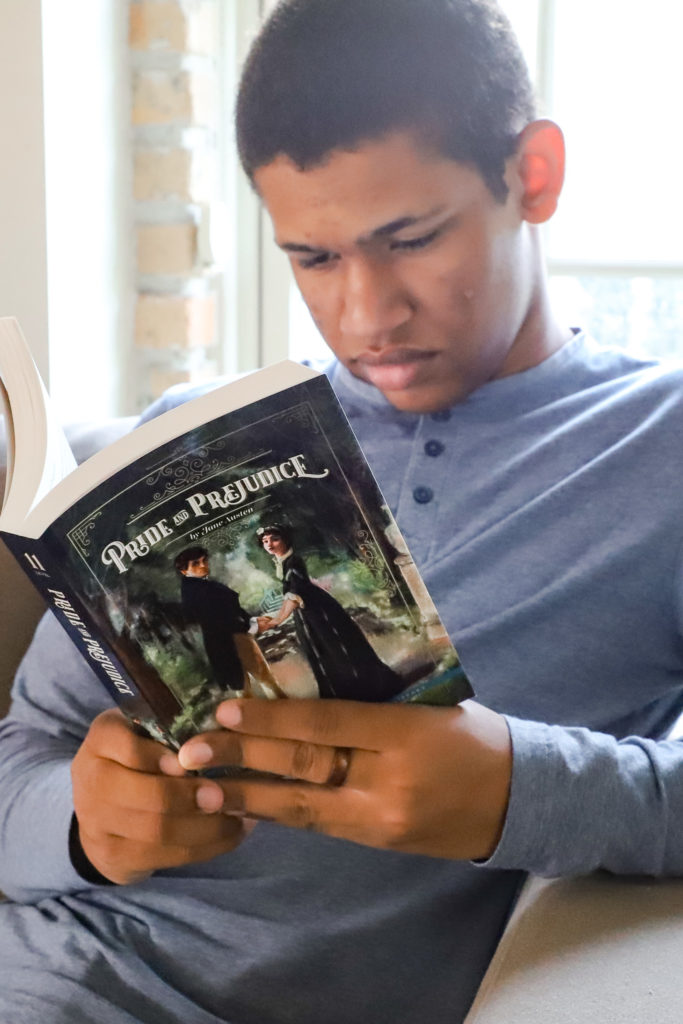How to Judge a Book, Why You Should, and Why It’s OK
Customer SupportI take a lot of heat at times for saying some books are not good for our minds and hearts. Some people claim there are no bad books because there is something to learn from every book, and that if you talk to your children about what they are reading, every book can be good for them. In this post, I want to give my sincere thoughts on this specific topic in hopes of combatting philosophies that I see damaging not only individuals but also nations.
Satan is very deceptive and would have us believe that there is no right or wrong, even in the books we read. This train of thought aligns with moral nihilism, which is the philosophy that nothing is morally right or wrong—and acceptance of this philosophy is rapidly growing in our world.
The Truth
The truth is, there is a right and a wrong in everything in life. It is wrong for us to watch certain movies, read certain books, and listen to certain music. Satan uses books and media to destroy character, desensitize our minds, teach false messages, denigrate the importance of families, and make evil look normal and acceptable.

Rarely will you ever find a book that doesn’t have some type of positive message intertwined with the story. Let me repeat that. Rarely will you ever find a book that doesn’t have some type of positive message intertwined with the story. This is likely one reason why many people feel there are no bad books—that all books have some good in them. I agree that most books do have some good in them somewhere. However, it is a dangerous and incorrect philosophy to believe that something that contains wrong messages is good for us overall because it contains a portion of good. The good messages do not cancel out the wrong ones.
Here is a powerful example to illustrate my point. There was a time when Hitler was the most popular political leader in German history—the people loved him. At the same time that he was leading people to extreme racism and other great evils, he was portraying himself as good and kind by showing pictures of himself playing with children and being an animal lover. He taught some good things, such as “Do not compare yourself to others,” and “As in everything, nature is the best instructor.”
However, we all agree that Hitler’s teachings were wrong, even though he used some true and good messages. In fact, using some good messages made his evil messages even more effective, harmful, and dangerous. Likewise, I propose that books containing wrong messages can be even more damaging and dangerous when they also include true and good messages.
The Good News
The good news is that there are so many completely clean books that can entertain, teach, and change people in positive ways. To find inspiration, entertainment, knowledge, or wisdom, we don’t have to read books that are unwholesome in any way.
I have such a strong witness of how books change people’s lives, and God has put a passion in my heart to help others see that. It is so important that parents are vigilant in monitoring what is in the books their children are reading and that they set an example by choosing good books themselves.
There is another mindset that requires us to use great discernment. It is the mindset that if we don’t expose our children to darkness and bad things, they will be naive and won’t learn what evil is and know how to deal with it. Why do we need discernment with this philosophy? Because it is a true philosophy. It is true that our children need to understand what evil is and how to deal with it.
However, Satan twists this philosophy into a similar but completely false philosophy. His philosophy is that it is OK to drag our hearts and minds through graphic violence, immature potty language, taking God’s name in vain, profanity, crudeness, shock-value entertainment, sexual innuendo and sexually charged content, and more, because it will help us understand evil, see how bad it is, and not be naive. Satan would have us believe it is OK to expose ourselves to these things as long as we talk about how these things are actually not OK.
In contrast, we can err on the side of not letting our children be exposed in appropriate ways to deep issues. Some parents don’t want their children reading about a single deep or difficult topic. In my view, children need to be exposed to difficult topics (at the right time). Good and beautiful books are a wonderful way to do that. There is a difference between sheltering children from all deep topics, no matter how appropriately it’s handled (which is not good to do). and sheltering children from books that are unclean and unworthy.
To find inspiration, entertainment, knowledge, or wisdom, we don’t have to read books that are unwholesome in any way.
Helping Children Deal with Conflicts
To help our children gain strength and learn how to deal with conflicts, we do not have to give them unclean books. The greatest testament to this truth is the Bible. The Bible helps us recognize evil; exposes the consequences, dangers, and sorrows of evil; and shows us how to overcome evil without using stories that are crude, unclean, or too graphic, even for the youngest of children. Some of the stories in the Bible can require discussion and guidance from a parent, but nothing in the Bible is objectionable or gives incorrect messages.
For more on this subject, see my blog post Do Good and Beautiful Books Prepare Children for Real Life?
I have such a strong witness of how books change people’s lives, and God has put a passion in my heart to help others see that. It is so important that parents are vigilant in monitoring what is in the books their children are reading and that they set an example by choosing good books themselves.
There is a perfect way to judge books, and of course, it was given to us by our perfect God. In Philippians 4:8, we are taught to seek after things that are:
PURE
HONEST
LOVELY
VIRTUOUS
OF GOOD REPORT
Applying It to Life
This applies to all things in life—even the books we read. If we will use those words and God’s Spirit as our guide, we will be able to discern and judge correctly in a very confusing world. Is the book pure, is the book lovely, and is the book virtuous? This is how we can seek to know what is worthy of reading—not by whether it is a best seller or considered a classic by the world.
There are so many philosophies in our world—so many voices. I’m grateful for God’s guidance that helps us to know His way. I’m also grateful for a world with thousands of good and beautiful books that can strengthen our hearts and minds and offer us joyful and fun entertainment, without the need for anything that is contrary to the teachings of Jesus Christ.







Join the Discussion
Comments
Jess
I deeply appreciate your passion to share how books are impactful on the lessons our children learn. Thank you for your hard work! I would love to know more on how to judge a book and know if it’s truly pure, true and lovely.
drakeslearning22
I recently put my child back in public school until I move. A story was read that was completely inappropriate. I mentioned sexual acts, gory details, violence, and death. He’s in 4th grade and it is 100% unacceptable to have a story like that read. I can not wait to try The Good and the Beautiful in September.